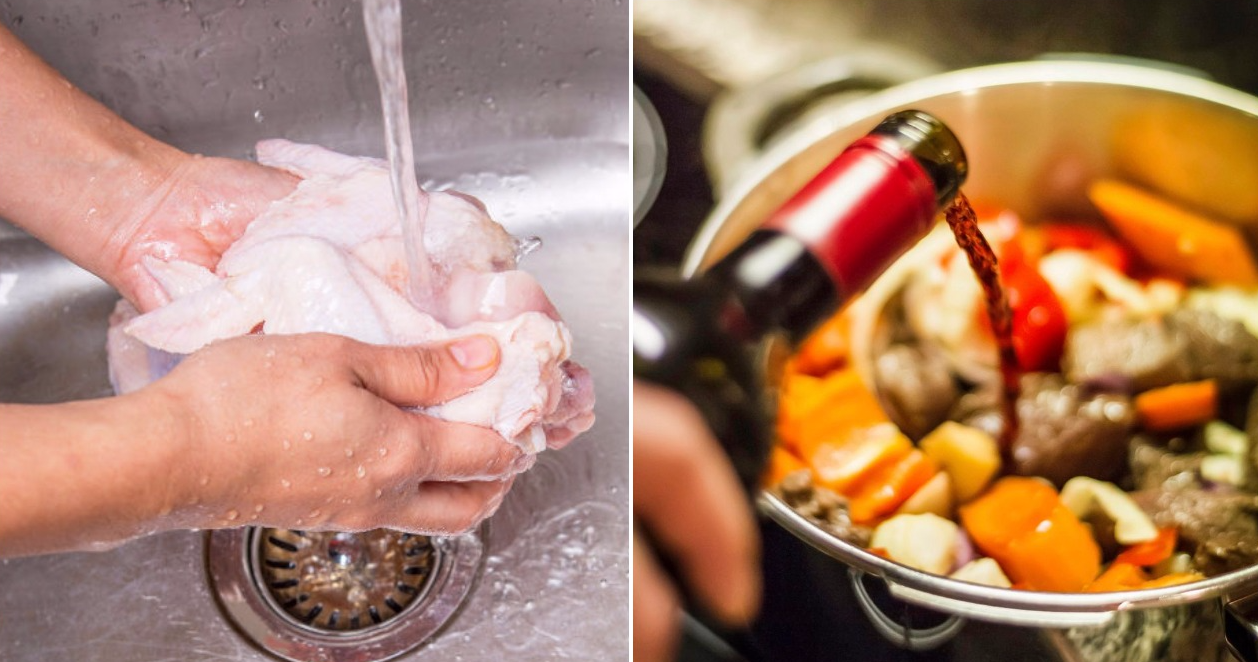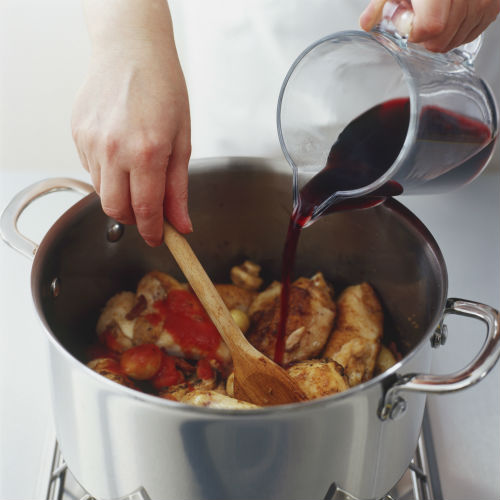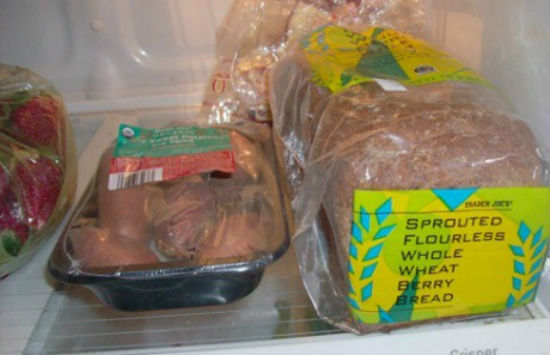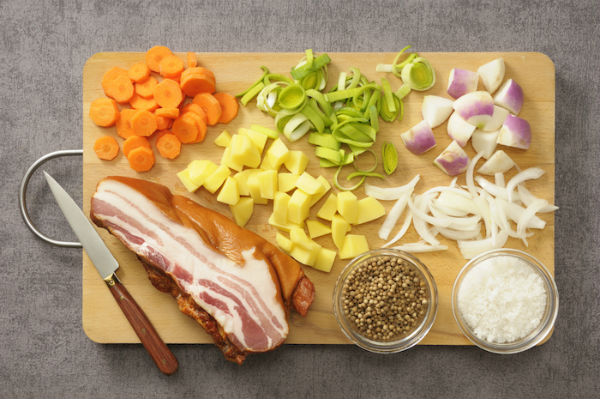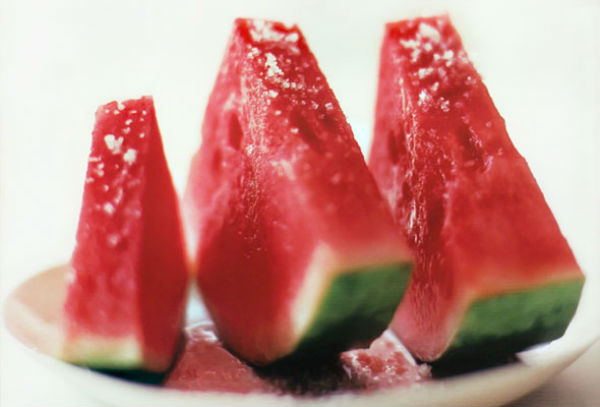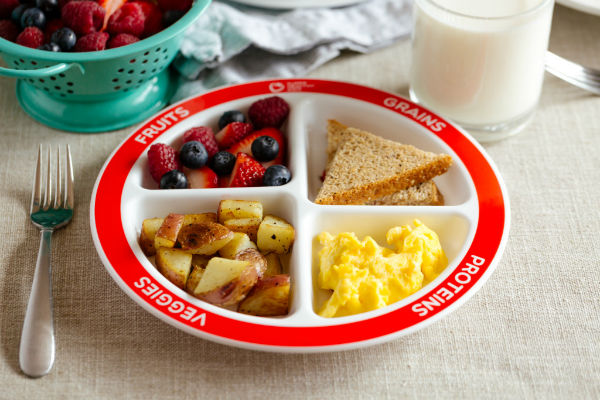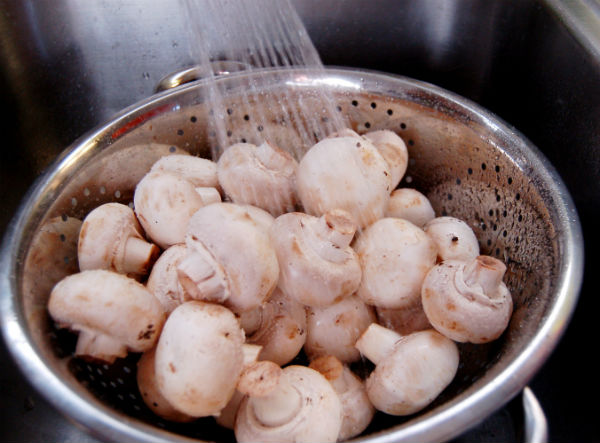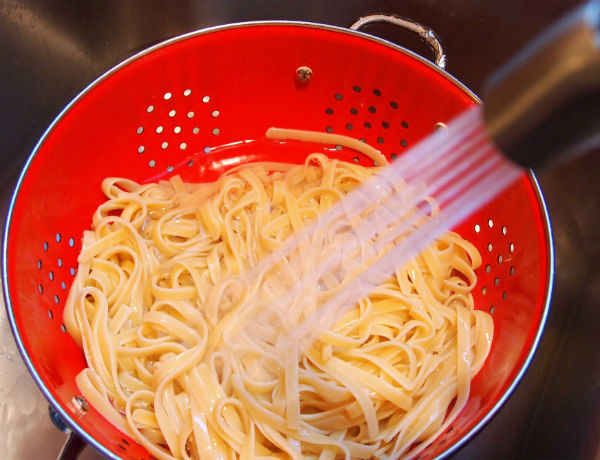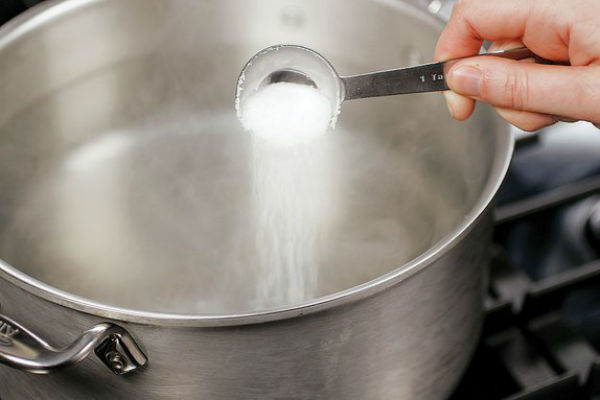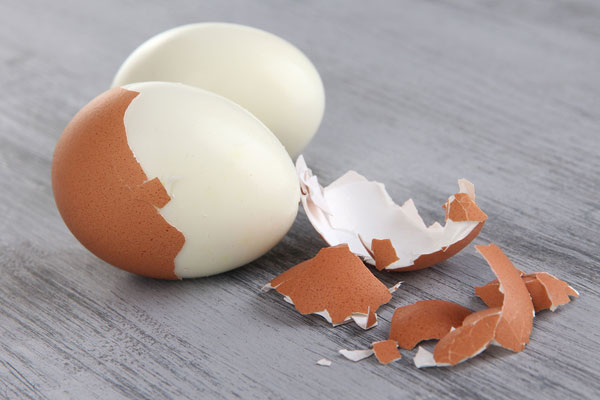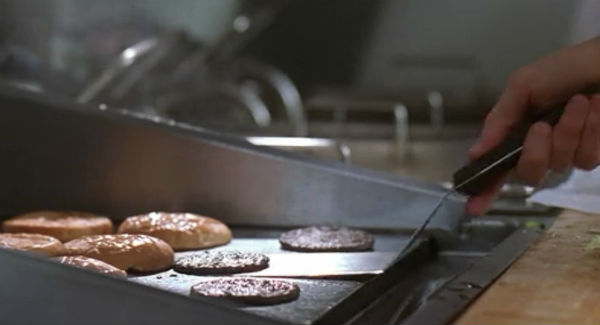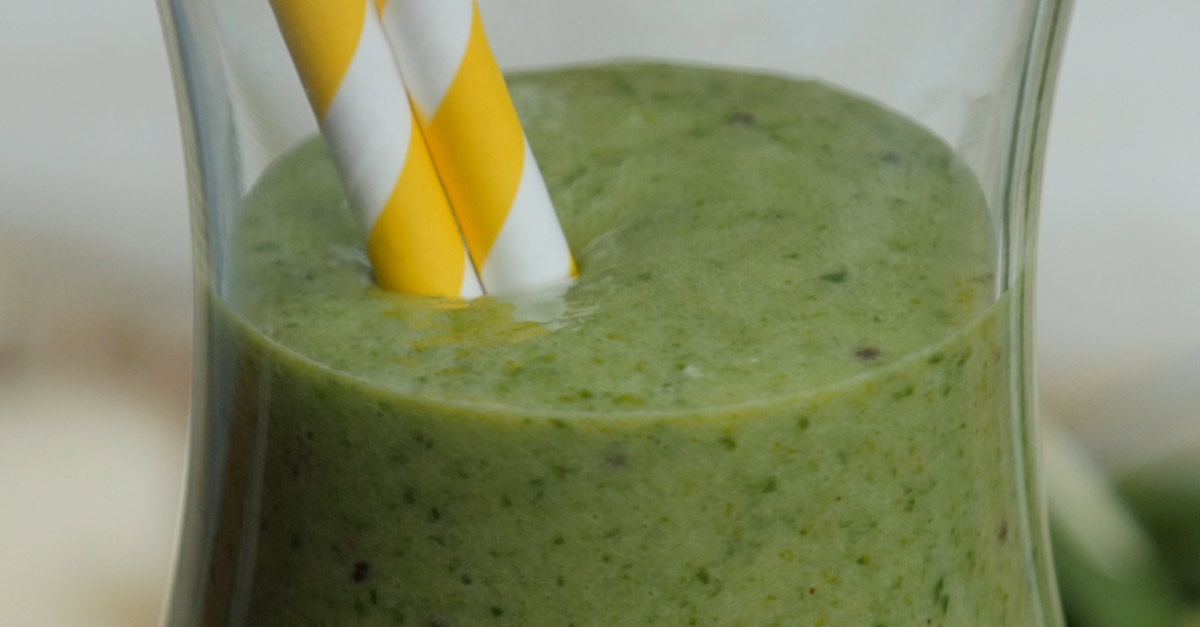Becoming a good cook means accepting all sorts of advice, but a lot of what we learn growing up is half-true at best.
Across the country, people are still cooking using "tried and true" methods they learned from their parents that were actually proven untrue decades ago. Don't be like them! Instead learn which bits of kitchen knowledge are fact and which are fiction:
1. Alcohol evaporates in a dish
This isn't even close to being true, in fact as much as 85% of the alcohol in a dish can remain in the food after it's been cooked. In most cases, it would take 3 hours of cooking to boil out all of the liquor, so you will get a little buzz from eating beer-battered cheese curds.
2. Storing bread in your fridge keeps it fresh
Let's remember why bread goes stale in the first place: over time moisture in the air is absorbed into the bread, filling the starch until it becomes dense and hard. Since your fridge is full of moisture it should be obvious that bread does not belong there. Keep it wrapped up at room temperature instead.
3. Plastic cutting boards are safer for chopping meat
Wooden boards have a reputation for soaking up bacteria from your meat, but they're just as safe as plastic boards. The key is to rinse whatever board you use and sanitize it with a few tablespoons of bleach every so often. Plus, use a separate board for meat.
4. Salting watermelon makes the fruit sweeter
This is a classic summer treat, but there's a little bit of misdirection going on here. Salt isn't sweet, but adding it to your watermelon brings out the water, so each bite tastes sharper. Salt also makes you drool, so you taste more of the juicy watermelon flavor.
5. To lose weight cut fat out of your diet
Your body needs fat just as much as any nutrient. If you replace fatty foods with meals full of carbohydrates, you're not really eating any healthier. Some researchers actually think we should be adding more healthy fats to our diet. Just try to have a bit of everything in moderation.
There are some foods you should never rinse, but are mushrooms one of them?
6. You should never rinse mushrooms
This common piece of advice says that mushrooms absorb water (which is true) so you should never wash them. In reality, you would have to soak mushrooms for hours to make them lose their shape or flavor, so feel free to wash them before cooking.
7. You should rinse pasta after cooking it
This is one way people try to keep their pasta from sticking together (more on that later) but it can easily wreck your dinner. Washing cooked pasta rinses off the starch, which makes the sauce stick on your noodles, so follow Mario Batali's advice and leave the pasta alone.
8. Adding salt to water makes it boil faster
People must be in a rush because there are lots of old wives' tales about how to boil water faster. Aside from adding flavor, salt won't do anything special to your water. It could actually slightly raise the boiling point instead.
9. Cooking vegetables takes out all the nutrients
Basically, there's no "wrong" way to eat your veggies. The nutrients in most vegetables aren't affected by cooking or steaming them, and your body will actually have an easier time absorbing minerals from heated veggies than raw ones.
10. The spiciest part of a pepper is the seeds
This piece of kitchen wisdom is wrong, but it's an honest mistake. The spiciest part of a pepper (the part that contains the most capsaicin) comes from the light colored "meat" inside the pepper. Since the seeds are attached to this part, the spicy flavor rubs off on them, but the seeds themselves aren't very spicy.
11. Add vinegar to hard boiled eggs and they'll peel easier
Nope, not true at all. The key to making eggs that peel easily is to use hot water, then cold. Lower eggs in when the water is boiling, then slowly lower the temperature and let them sit for 10 minutes or so. In a pinch, there are a few other tricks to peel your eggs.
12. You should wash raw chicken
No one is sure how this habit came about, but lots of people wash poultry before cooking it. Take the Department of Agriculture's advice and don't. Germs from your sink and hands could spread to the chicken while you wash it.
If you want to guarantee your chicken will be safe to eat all you need to do is use a sanitized knife to cut it, cook the meat thoroughly and be careful about handling the packaging.
13. Flip your meat often (or just flip it once)
Everyone has a preference about when and how to flip a cut of meat, but it's more of a ritual than a science. Meat cooks as the juices inside move through the cells of the meat, which has nothing to do with flipping.
14. Cold water boils faster / Hot water freezes faster
Where do you people get these ideas? No, cold water doesn't boil faster than hot water. As for hot water, it can freeze faster than cold water under some experimental conditions, but in your kitchen you'll save time by using cold water.
15. Using a sharp knife is "more dangerous"
People seem to believe that you're more prone to accidents with a sharp knife, and it's true that people don't realize how much "faster" a sharp knife cuts with less pressure. But a dull knife can slip and cut you if you're not careful too. It's best to keep your blade sharp and always handle your knife safely.
Now, is it true that pork is a white meat?
16. Pork is white meat / pale pork chops are healthier
The distinction between what we think of as red meat and white meat has more to do with health effects than the actual color. Pork chops just have less myoglobin - the protein that gives meat a red color - than beef does. At the end of the day, you should choose meat for cut and flavor, not color.
17. Searing meat makes it juicier
The opposite is actually true: seared meat loses moisture faster but stays flavorful. To lock in moisture, cook meat slowly over a lot heat, then let it sit for a few minutes after cooking. This "relaxes" the meat cells and lets juice flow back in.
18. Cooking in a microwave makes food unhealthy
While there are some foods you should never microwave, these rules are more about safety than health. Microwaves use less heat than other cooking methods and cook faster, so your food will actually lose less nutrients.
19. Add oil to pasta to keep it from sticking
In short this will work, but there's a better way. Oil sits dangerously on top of boiling water and coats your pasta, which also keeps the sauce from sticking to it. Instead of adding oil, just stir continuously when you add the pasta and keep stirring it regularly until it's ready.
20. Lobsters scream when you boil them
Here's a riddle: if lobsters are so chatty why don't they make any noise until you throw them in the pot? In fact lobsters don't have vocal cords. The sound you hear as they cook is steam escaping their shell, like a whistling tea kettle.
Share this list if you learned something new!
